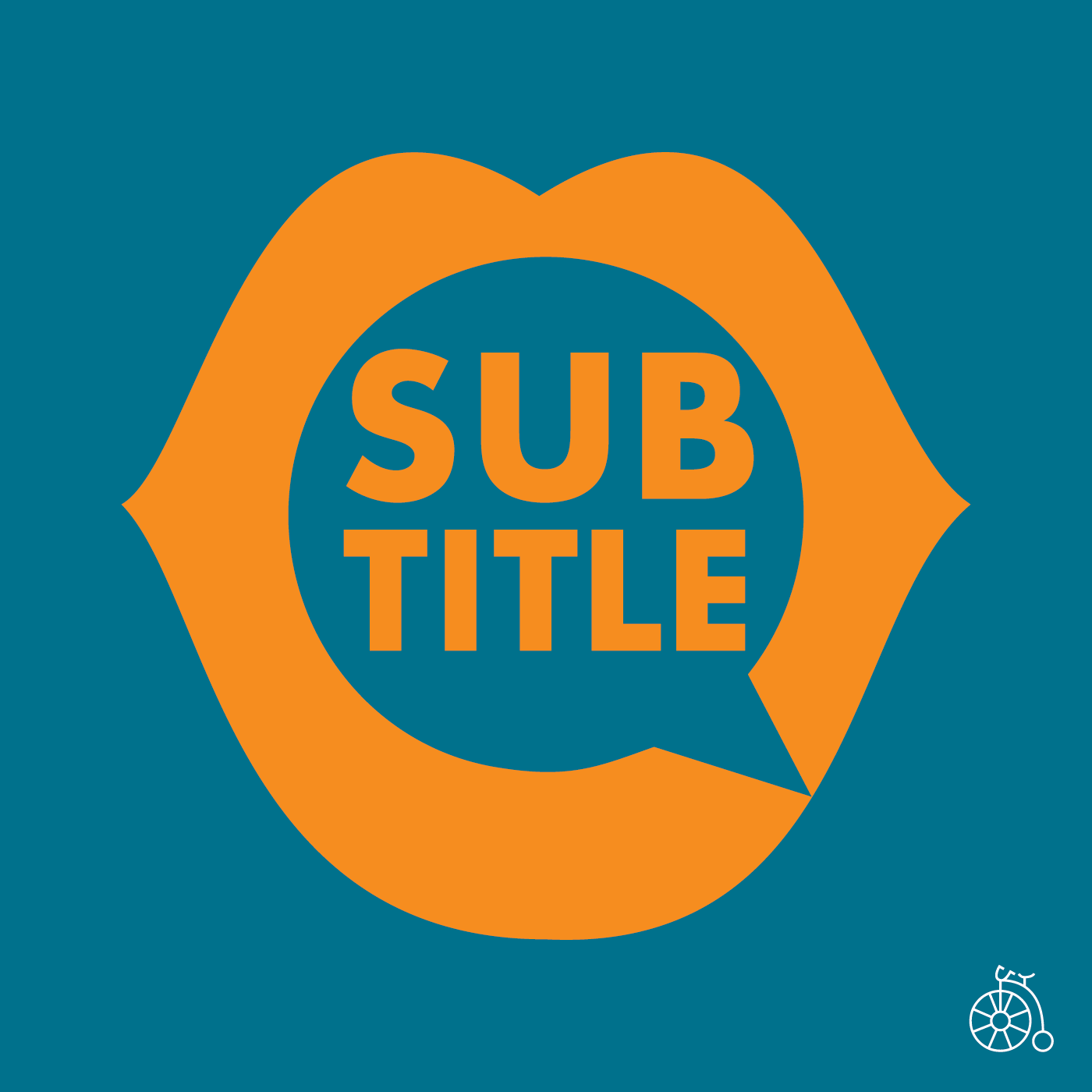The bilingual edge: what the research says
Description
In recent decades, Americans' perception of bilingualism has been transformed. As recently as the 1990s, the prevailing belief was that if a child grew up bilingual, they would be at a linguistic and cognitive disadvantage. Today, many Americans believe the opposite, that speaking more than one language carries advantages. But the hundreds of studies of the bilingual brain don't all draw the same conclusions. In this episode, we sample some recent research whose findings are helping to paint a more nuanced picture of how bilingual speakers function differently from monolinguals.
Music in this episode by Walt Adams, Blue Dot Sessions, Medité, Podington Bear and Trabant 33. Photo of a bilingual street sign in Sydney's Chinatown by Jordanopia/Wikimedia Commons.
Read a transcript of the episode here. And sign up for Subtitle’s newsy, nerdy, fortnightly newsletter here.
More Episodes
Icelanders are protective of their language. When a new piece of tech or a new disease emerges, people debate what to call these things in Icelandic. New words must sound and look Icelandic, otherwise they may not survive. The country's Knitting Words Committee is one of dozens of community...
Published 05/15/24
Published 05/15/24
How did Basque survive Spain's military dictatorship under Francisco Franco when speaking, writing and reading it were illegal? With more than six dialects, how did its speakers agree on a standard way of writing the language? And how has Basque thrived in the decades since Franco died? Nina...
Published 04/17/24


